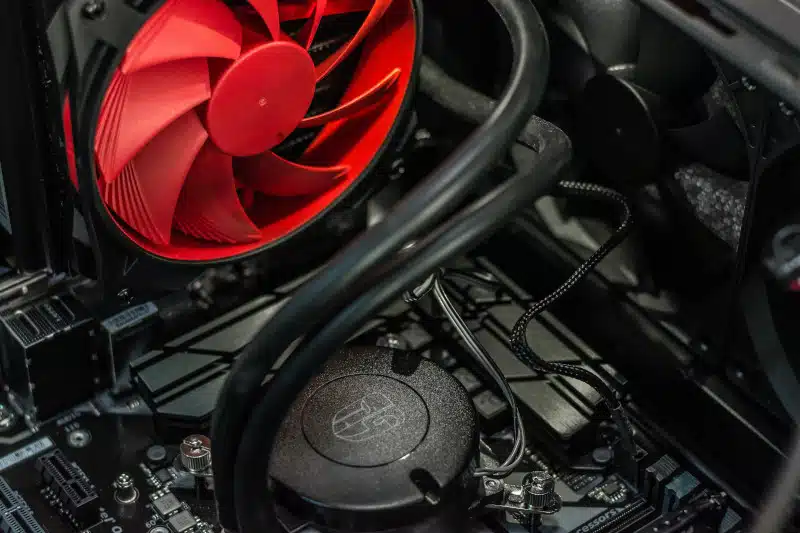What Parts Do I Need to Build a PC? That question often arises when embarking on building your computer.
Are you ready to explore the exciting world of building your PC? Building a computer from scratch allows you to tailor it to your specific needs, whether you’re a hardcore gamer, a video editor, or a casual user seeking a reliable and efficient machine. Therefore, you’ll need to gather the necessary components to ensure a successful build, which we’ll explore in this general guide.
Essential Components Needed to Build a PC
- The Central Processing Unit (CPU):
The CPU acts as the brain of your computer, executing instructions and performing calculations. When choosing a CPU, consider factors like speed, core count, and compatibility with other components. Popular options include Intel and AMD processors.
- The Motherboard:
The motherboard is the backbone of your system, connecting all the components. Furthermore, it determines the CPU and RAM you can use and the number of expansion slots for adding additional features—research compatibility between your chosen CPU and motherboard.
- Random Access Memory (RAM):
RAM allows your computer to access and store data quickly. It affects the system’s multitasking capabilities and overall performance. Consider the capacity and speed of the RAM modules. Additionally, higher capacity and faster speed translate to better performance, especially for memory-intensive tasks.
- Storage Options:
Choose between solid-state drives (SSDs) and hard disk drives (HDDs) for storage. Undoubtedly, SSDs offer faster data access and boot times, while HDDs provide larger storage capacities at a lower cost. Consider a combination of both for optimal performance and storage capacity.
- Graphics Processing Unit (GPU)
A powerful GPU is crucial for gaming and graphic-intensive tasks. It renders images, videos, and animations, allowing you to enjoy immersive experiences. In particular, consider factors like memory capacity, clock speed, and compatibility with your monitor’s resolution. Popular GPU brands include NVIDIA and AMD.
- Power Supply Unit (PSU):
The PSU provides the necessary power for your components to function. Therefore, ensure it has sufficient wattage to support your chosen components, with additional headroom for future upgrades. Finally, look for PSUs with good efficiency ratings to minimize energy wastage.
- Computer Case:
The computer case holds and protects all your components. Above all, choose a case that accommodates your motherboard size and has sufficient space for future expansions. Additionally, consider factors like airflow, cable management, and aesthetics when selecting a case that suits your preferences.
Additional Components to Enhance Your PC Build
You may also need a cooling system (air or liquid), an optical drive (if required), Wi-Fi or Ethernet adapters for internet connectivity, and peripherals such as a keyboard, mouse, and monitor. Don’t forget to include the necessary cables and connectors.
Building A PC: A Rewarding Experience
Building your PC is a rewarding experience that allows you to create a customized machine tailored to your needs. By understanding the essential components required, you can make informed decisions and assemble a powerful, efficient, and future-proof system. When selecting each component, research compatibility and consider factors like performance, cost, and personal preferences. With the right parts and patience, you’ll soon enjoy the thrill of a self-built PC meeting your every requirement. Happy building!
If you’re in Davenport, FL, and need professional assistance with building or repairing your PC, rely on the expertise of PCMechanic’s skilled technician. Contact me today to ensure a seamless and efficient PC-building experience or resolve any computer-related issues you may face. Your dream PC is just a call away!


